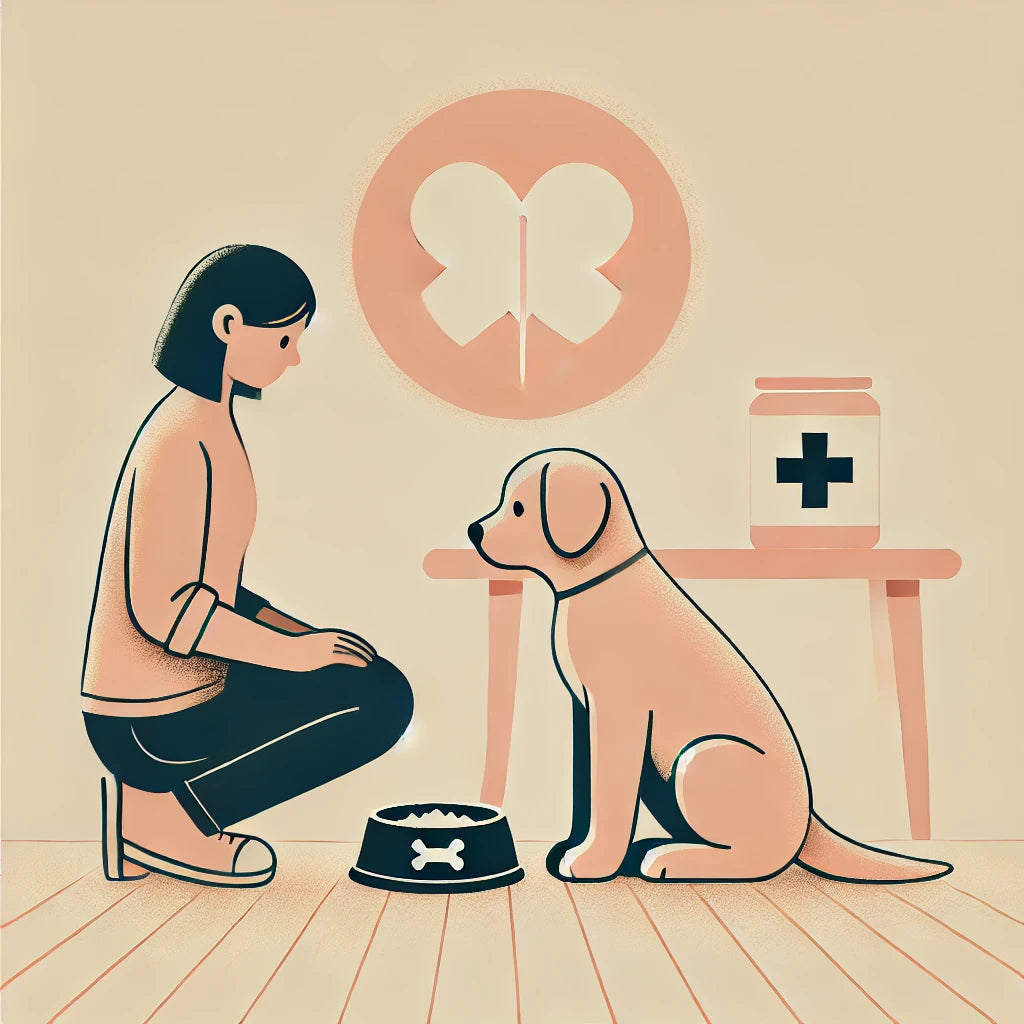When your beloved dog is diagnosed with cancer, every change in their behavior becomes a source of concern—and when your furry friend seems constantly hungry, it might leave you puzzled. Could the cancer be causing this insatiable appetite? Or is it a side effect of the treatment? Understanding the reasons behind this increased hunger can help you provide the best care and comfort during your dog’s challenging journey.
The Science Behind a Cancer-Driven Appetite
Dogs with cancer often experience significant changes in metabolism, appetite, and energy levels. Here are some key reasons why your dog may be always hungry:
-
Increased Caloric Demand:
Cancer cells are highly metabolically active, consuming vast amounts of energy to fuel their rapid growth. This can lead to a state where your dog’s body requires more calories than usual, making them feel perpetually hungry. -
Steroid Medications:
Many cancer treatments include steroids like prednisone to reduce inflammation and manage pain. While effective, these drugs often have side effects, including a dramatic increase in appetite. -
Malabsorption of Nutrients:
Cancer can interfere with your dog’s ability to absorb nutrients from food, leading to a condition where they feel hungry despite eating enough. -
Emotional and Behavioral Factors:
Dogs sense stress and changes in their environment. Emotional distress from illness or changes in routine may manifest as increased appetite or food-seeking behavior.
Should You Be Concerned?
While increased appetite isn’t inherently bad, it’s essential to ensure that your dog’s hunger isn’t masking other health concerns. Speak to your veterinarian if your dog’s appetite change is accompanied by:
- Sudden weight loss or gain.
- Vomiting or diarrhea.
- Lethargy or unusual behavior.
- Visible signs of discomfort when eating.
Feeding Strategies for Hungry Dogs with Cancer
Managing your dog’s appetite while meeting their nutritional needs is crucial. Here’s how to strike the balance:
-
Offer Small, Frequent Meals:
Divide your dog’s daily food into smaller portions to prevent overeating and aid digestion. -
Focus on High-Quality Proteins:
Cancer can break down muscle tissue, so feeding your dog high-quality proteins like lean meats, eggs, or fish helps maintain their strength. -
Include Healthy Fats:
Fats provide a calorie-dense energy source and may even have anti-cancer benefits. Omega-3 fatty acids from fish oil, for example, are known for their anti-inflammatory properties. -
Limit Carbohydrates:
Many cancer cells thrive on sugar from carbohydrates. Reducing carbs and focusing on a keto-inspired diet may slow tumor growth. -
Add Natural Appetite Suppressants:
If overeating becomes problematic, ingredients like pumpkin or green beans can help your dog feel full while adding fiber. -
Hydration is Key:
Cancer and treatments like chemotherapy can dehydrate your dog, leading to false hunger signals. Ensure fresh water is always available.
Natural Remedies to Support Appetite Balance
Certain natural supplements may help regulate your dog’s appetite and overall well-being:
- Turmeric: Known for its anti-inflammatory and cancer-fighting properties.
- Medicinal Mushrooms: Shiitake and reishi mushrooms support the immune system.
- CBD Oil: May reduce pain and inflammation while calming your dog’s appetite.
- Probiotics: Help with digestion and nutrient absorption.
Note: Always consult your veterinarian before introducing new supplements to your dog’s diet.
Caring Beyond the Food Bowl
While managing your dog’s hunger is important, providing emotional and physical care is just as crucial:
- Routine and Reassurance: Stick to regular meal times to provide a sense of stability.
- Interactive Feeding: Use puzzle feeders or slow feeders to engage your dog and make mealtime more enriching.
- Exercise: Gentle walks or playtime can improve digestion and overall mood.
The Bigger Picture: Quality of Life
Ultimately, your dog’s increased hunger is a sign of their body fighting a tough battle. Whether this appetite is a side effect of treatment or a natural metabolic response, the goal should always be to enhance their quality of life. Tailor your feeding approach to their specific needs and work closely with your veterinarian to monitor their condition.
Conclusion
A dog with cancer that is always hungry presents a unique challenge—but it’s also an opportunity to provide tailored nutrition and compassionate care. By understanding the underlying causes and addressing them with thoughtful feeding strategies and emotional support, you can ensure your furry companion feels loved and comfortable during this difficult time.
Remember: your dog’s appetite isn’t just about food—it’s a window into their needs, resilience, and the enduring bond you share.

